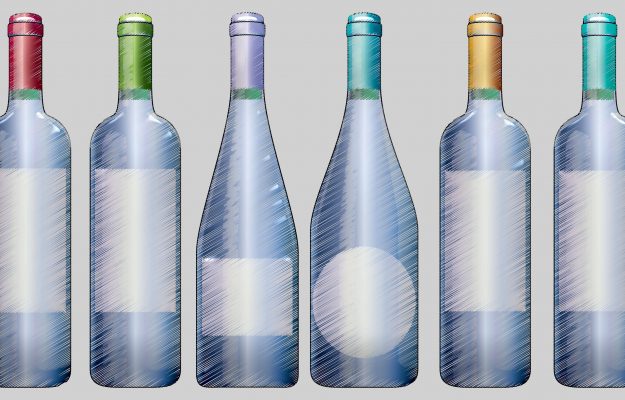Good news for consumers, apparently, but decidedly less good news for production. The fact is that, according to ISTAT data on consumer prices in January 2022, analysed by Coldiretti’s Wine Council, in a general framework of rising prices, wine sales are the only figure to fall, by -1.2%, in the face of production costs borne by wineries that are rising by 12% due to increases in energy bills and glass, paper, cork, wood and transport (with an increase estimated at 1.3 billion euros in 2022, according to Unione Italiana Vini - UIV, editor’s note). A decidedly complex picture for a sector like wine that, especially in the large organized distribution channel, where almost 70% of sales pass through, has very low margins (with an average price per liter, according to IRI data analyzed by WineNews, still below 4 euros). And, like all the other production sectors, especially agriculture, and consumers, it is waiting to see “the far-reaching intervention” announced by Italian Prime Minister Mario Draghi, who has promised resources of between 5 and 7 billion euros at least to reduce the high cost of bills. But sooner or later, as several retailers have already pointed out in recent months, as well as the restaurant industry in more recent times, this increase in costs, at least in part, will be forcibly passed on to consumers, with possible adverse effects on consumption.
But, in the meantime, Coldiretti stresses, “the commercial policies adopted in the retail sector, with below-cost selling and promotions, cannot weigh on the shoulders of producers whose budgets have already been tried by the crisis and international increases in production, packaging and transport costs. This is an unsustainable situation for Italian wine, which must also deal with the difficulties of the restaurant industry, which is a privileged sales channel. The collapse of the activities of bars, trattorias, restaurants, pizzerias and farm holiday centers is overwhelming entire sectors of the Made in Italy food industry, with unsold wine and food estimated to be worth almost 5 billion euro in 2021”. Coldiretti recalls that in some sectors, such as wine production, catering is the main marketing channel in terms of turnover.
“It is necessary, therefore, an adjustment of the price lists - continues Coldiretti - in order to support a determined sector of the agri-food made in Italy that, from the grape harvest to the table, offers job opportunities to 1.3 million people directly engaged in vineyards, cellars and commercial distribution, as well as for those employed in related and service activities”.
The sector is also concerned, as has been widely reported in recent days, about recent EU guidelines on wine, which risks being unfairly equated with the abuse of spirits typical of the Nordic countries as part of the European plan against cancer that will be voted on by the European Parliament next week.
“In Italy, wine has become the emblem of a “slow” lifestyle, attentive to the psycho-physical balance that helps to feel good about oneself, to be opposed to the unregulated intake of alcohol. Therefore, the hypothesized measures such as health warnings on the label already adopted for cigarettes, increased taxation or exclusion from the promotional policies of the European Union are completely out of place”, adds Coldiretti. “This would also be inconsistent with the support given by the measure to the Mediterranean Diet, considered a healthy and beneficial dietary model for the prevention of many diseases, including cancer, but which is also based on the regular and moderate consumption of a glass of wine with meals. The nutritional balance should be sought among the different foods consumed in the daily diet and certainly not by condemning a specific product”.
“Italy, which is the world’s leading producer and exporter of wine, must defend its wine heritage in Europe, which is worth 12 billion euro and is a driving force for the entire agri-food system”, concluded Coldiretti president Ettore Prandini, stressing that “the EU’s rightful commitment to protect the health of its citizens, according to Coldiretti, cannot be translated into simplistic decisions that risk unfairly criminalizing individual products regardless of the quantity consumed”.
Copyright © 2000/2026
Contatti: info@winenews.it
Seguici anche su Twitter: @WineNewsIt
Seguici anche su Facebook: @winenewsit
Questo articolo è tratto dall'archivio di WineNews - Tutti i diritti riservati - Copyright © 2000/2026







































































































































































































